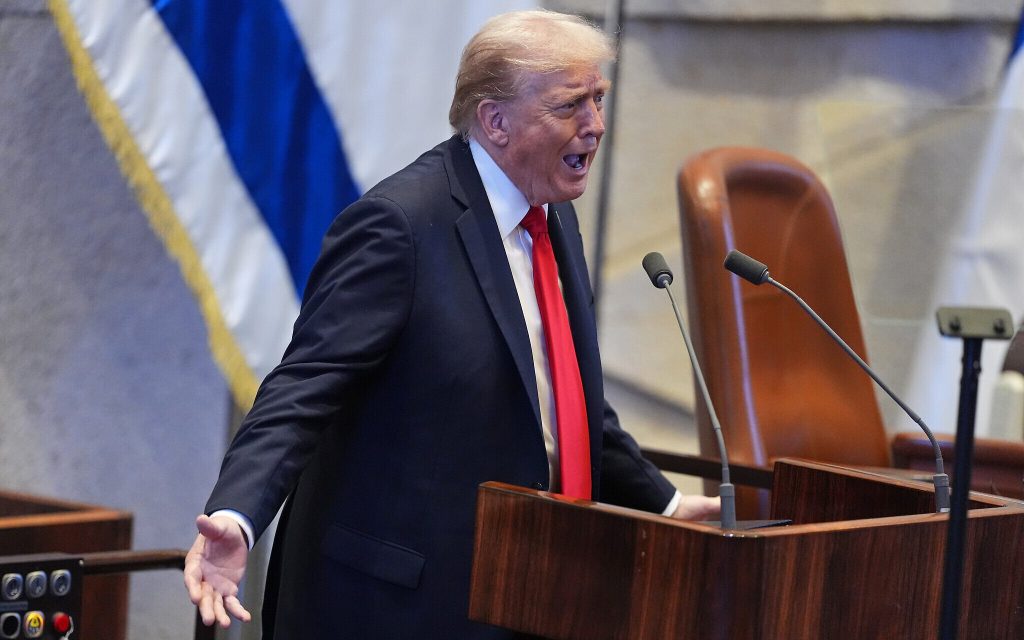
U.S. President Donald Trump said Saturday he has ordered the U.S. Defense Department to prepare for possible military action in Nigeria as he escalates criticism of the country’s response to violence affecting Christians.
In a lengthy social-media post, Trump warned that the United States would “immediately stop all aid and assistance to Nigeria” unless the federal government acted to protect Christians. He wrote that the U.S. “may very well go into that now disgraced country, ‘guns-a-blazing,’ to completely wipe out the Islamic Terrorists who are committing these horrible atrocities.”
“I am hereby instructing our Department of War to prepare for possible action,” Trump added, describing any strike as likely to be “fast, vicious, and sweet, just like the terrorist thugs attack our CHERISHED Christians! WARNING: THE NIGERIAN GOVERNMENT BETTER MOVE FAST!”
U.S. Secretary of Defense Pete Hegseth later posted “Yes sir” alongside a screenshot of Trump’s message and said the Defense Department was preparing for action. “The killing of innocent Christians in Nigeria — and anywhere — must end immediately,” Hegseth wrote, adding that either Nigeria must protect Christians or the U.S. would act against the groups committing the attacks.
Trump’s announcement followed his designation of Nigeria as a “Country of Particular Concern” under the International Religious Freedom Act, a diplomatic label used when Washington finds that a government has engaged in or tolerated systematic and egregious violations of religious freedom. The designation signals potential sanctions and heightened scrutiny.
The violence in Nigeria is complex and multi-faceted. While Christians have been targeted in some attacks, local reporting indicates that many victims are Muslims in the predominantly Muslim north. Attacks across the country have various drivers, including Islamist militancy, communal and ethnic conflicts, and clashes between farmers and herders over scarce resources.
Nigerian President Bola Ahmed Tinubu denied that his government permits religious persecution. In a social-media post responding to the U.S. moves, Tinubu said the description of Nigeria as religiously intolerant “does not reflect our national reality” and pointed to his administration’s engagement with both Christian and Muslim leaders to address security challenges. Tinubu said Nigeria was “working with the United States government and the international community to deepen understanding and cooperation on protection of communities of all faiths.”
Tinubu’s press secretary called the U.S. characterization “a gross exaggeration of the Nigerian situation,” saying attacks affect Christians, Muslims, churches and mosques “randomly.” Bayo Onanuga, a spokesperson, said what Nigeria needs from the United States is military support to fight violent extremists in some states — not a designation as a nation of particular concern.
Spokespeople for the White House and Nigeria’s presidency did not immediately respond to requests for further comment.
